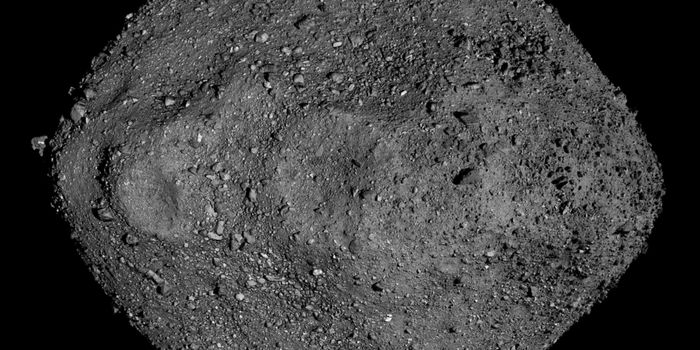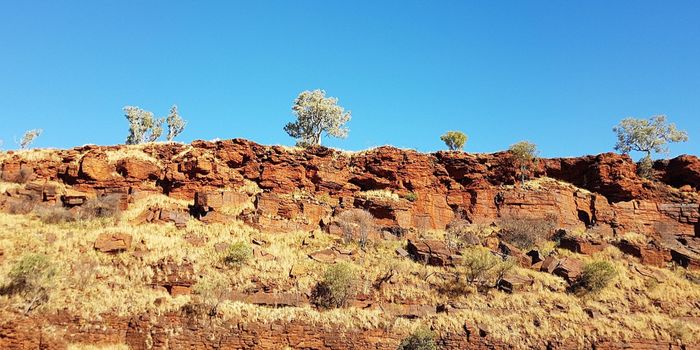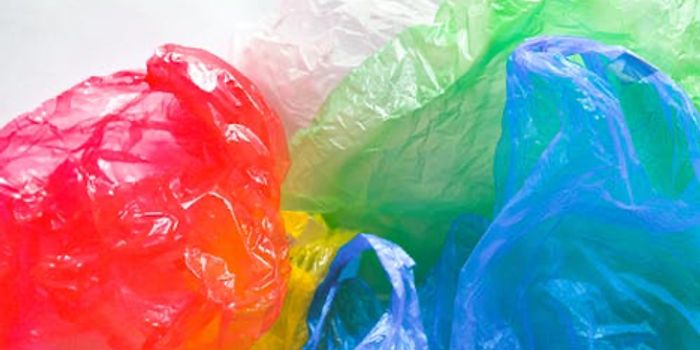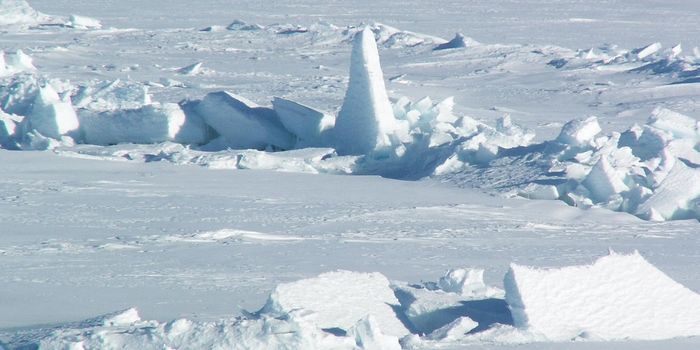What we don't know about climate change and the seafloor
Okay, so let’s admit it: we know very little about the depths of our oceans. But staring straight into the face of climate change, all of what we do know may not even last. In fact, we actually don’t know that much about how carbon in the oceans and rising sea surface temperatures (both of which are largely anthropogenically driven, i.e. our fault) is affecting the seafloors. That’s why a group of UK scientists from the University of Southampton has become particularly interested in how industry and environmental change are affecting the deep ocean. Their findings are published in the scientific journal Biogeochemistry.
This multidisciplinary team of researchers examined the seafloors surrounding the UK continental shelf in order to better grasp the connections between human activities and ecological consequences. The ecosystems in this region are of particular importance for their productivity (for both human and wildlife fisheries), as well as for their biodiversity, carbon cycling and storage, waste disposal, nutrient cycling, recreation and renewable energy.
The scientists analyzed four main aspects of the system: the effects of climate change, the impact of bottom fishing, the importance of iron cycling across the seafloor, and potential future study areas. Then they conducted two experiments: one, comparing samples of sediment communities from different areas in the Irish Sea with low, medium and high levels of trawling activity. And a second comparing how different types of sediment (mud, sand, sandy mud) from the Celtic Sea would stand in simulated future climatic conditions.
From these experiments, they discovered that ecological communities are able to adapt to their new environments; it’s the common story of some thrive, and others don’t survive. This was particularly the case when the researchers found that certain species can cope with fishing pressure, but decline under warmer climate conditions and raised CO2 levels.
Martin Solan, the lead investigator, noted: "Our seafloors are teaming with life, from microscopic organisms to larger creatures such as fish and crabs. All interact as part of a complex system which plays a vital role in maintaining the health of the seabed and the rest of food web.
"Human intervention, such as fishing, pollution, and activities causing climate change are all affecting these finely balanced ecosystems. Collectively, our research provides us with a new perspective on how the seafloor is being modified, for better or for worse -- but more research is now needed to understand the longer-term consequences of such change for the wider environment and for society at large."
Sources: Science Daily, Biogeochemistry









